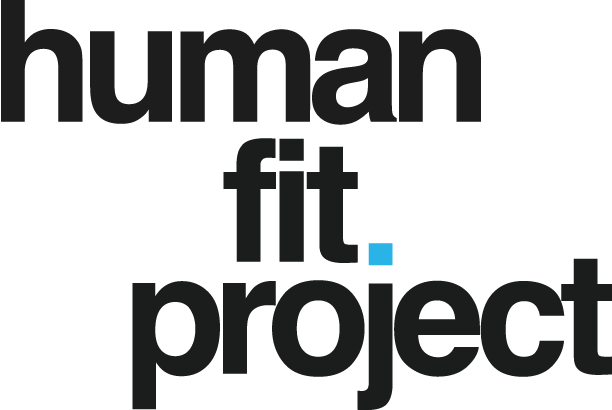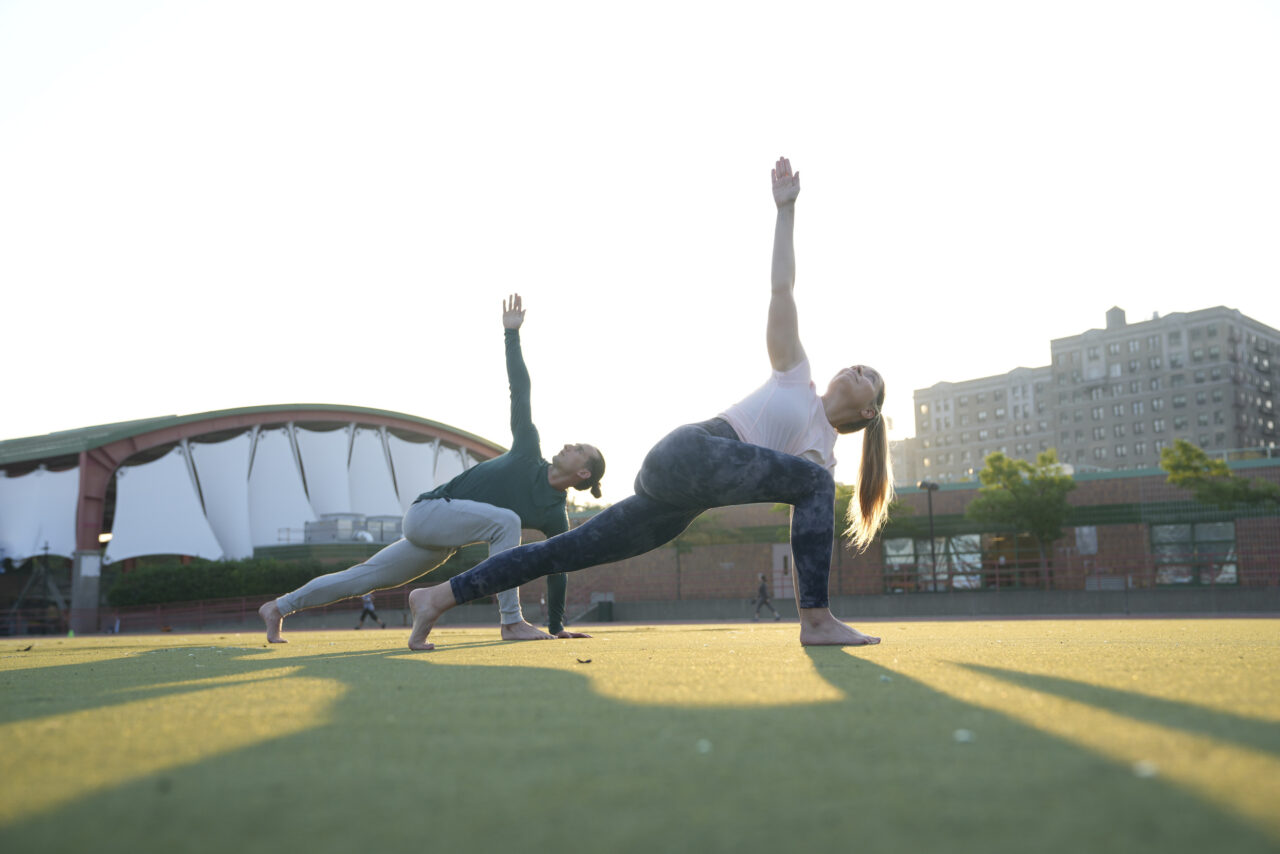Are you ready to kick your fitness into high gear or get back in shape? You might be wondering how to find the right personal trainer or coach.
If you’re a disciplined self-starter, then one of our many free HFP workout plans can put you on your way, but if you need hands-on attention, nothing will ever beat an IRL personal trainer. Finding the right one can be a little tricky.
Related: 4 simple steps for your first day in the gym
Related: 6 steps for starting a new diet plan that works for you
After working with several trainers, instructors, and coaches over the years, in addition to being certified myself, these are the things you should consider.
1. Know what you want from your potential personal trainer
“What are you goals?” is a question every single trainer will ask you. But before you even get in a situation to be asked the question, actually think about it first.
Personal training (more commonly referred to as coaching these days) has advanced greatly over the years, there are more and more highly-qualified, highly-educated trainers everyday, but just because they’re highly-qualified, doesn’t necessarily mean they are the right one for you. For example: do you want to become a better athlete, jump higher, run faster, etc.? Then you want to look more for a strength and conditioning coach that has a lot of experience working with athletes instead of a trainer that focuses more on the aesthetics. On the flip side, if you’re strictly looking to lose weight, build muscle, then you’ll want someone that has experience training models, performers, or even bodybuilders. Or, if you’re recovering from an injury, or have a lot of aches and pains, you’ll want to look for someone with experience and expertise in mobility or movement quality.
Now, this is not to say each of these “types” of personal trainers and coaches can’t do what the others do, but training has gotten far more specialized over the years.
2. Understand the personality of your potential personal trainer
After you’ve figured out the type of trainer you want from a specialization standpoint, the next step is to get an understanding of their vibe or personality. Do you need someone to really push you or to hold you accountable? Then you’ll want someone that’s incredibly hands-on, vocal, and even the type that would text you during the work day or at night. For some people, that might be intrusive or annoying and it won’t work out. For others, they need it. You might be able to pick that up through the tone of their social media accounts. Otherwise, ask them outright how they’d describe their style of training.
3. Listen for these key questions during your interview
Starting the process with a trainer will begin with an evaluation or consultation. You’ll most like go over your health history, your athletic background, and your goals. Great trainers and coaches will really dig deep into your story, especially when it comes to any injuries or health issues. Above all else, they should be very concerned about keeping you injury-free and healthy. Great trainers are also excellent at uncovering what motivates or inspires you. You should be feeling energized after the interview.
After they’ve finished their line of questioning, use the opportunity to interview them right back. A few good ones might be:
- Why did you become a personal trainer?
- How would you say your approach is different than others? And why do you think it’s best for me? (Key note: It doesn’t necessary need to be different.)
- Based on what you now know about me, what potential challenges do you think I’ll face and how will we overcome them?
- What can you tell me about the clients you have had that are successful? How about the ones that fail?
- What will my plan look like? (Great trainers will give you a blueprint for several weeks or months; maybe not on the spot, but as you progress through the dating process.)
- What certifications do you have?
The rest of the process
As mentioned above, they should have a very clear path to success for you. You should have established goals and benchmarks along the way to track your progress. For example, if you’re a beginner, they might tell you for the first few weeks you’ll be focusing on very basic bodyweight movements, mobility, flexibility, and core strength, then you’ll progress to using some resistance.
And remember, you can be going to the greatest trainer or coach on the planet, but your success or failure is on you, not them.
Need more help? Sign up for our free monthly newsletter. Let us on Instagram, Facebook, and Twitter. And stay tuned for more.

